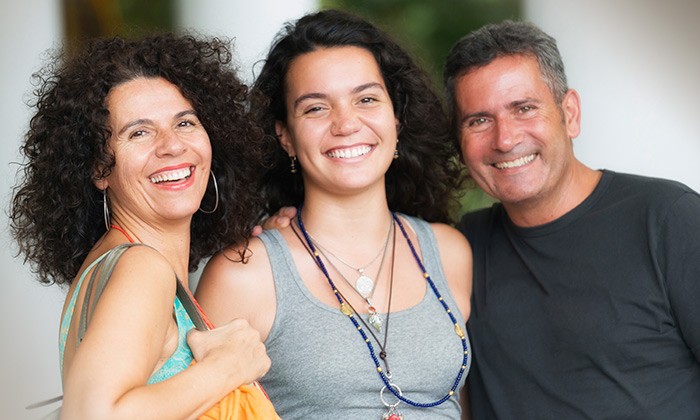Young people today face an array of hurdles finding work and settling into permanent relationships. Parents are a mainstay of support in helping young adults make these transitions successfully. Economic disparities are at a peak in the U.S., and families may transmit and exacerbate those disparities if parents from different economic backgrounds provide differing levels of support. Indeed, new research by Dr. Karen Fingerman in the Department of Human Development and Family Sciences finds socioeconomic differences in parental support to young adults.
The research team used data from the Family Exchanges Study, a study with 500 families with middle-aged parents and grown children from a wide cross section of economic backgrounds. The parents answered questions about different things they do to help their grown children, such as providing emotional support or material support, such as childcare or money.
Grown children whose parents had more education and whose parents made more money received more in the way of material support and practical help than did grown children whose parents had less education. They also received more advice and emotional support than grown children in less well-off families.
By contrast, less educated parents were more likely to have a grown child who lived with them and to have several grown children with different types of needs. They also they reported spending more time trying to help all of their children than upper income parents do. In other words, poorer parents suffer a double jeopardy: each child receives less on average, but each parent is stretched thin trying to provide help. In other words, economic disparities may persist across generations in part due to less parental support, despite low-income parents’ best efforts.
Fingerman, K. L., Kim, K., Davis, E. M., Furstenberg, F. F., Jr., Birditt, K. S., & Zarit, S. H. (2015). “I’ll give you the world”: Parental socioeconomic background and assistance to young adult children. Journal of Marriage and Family. doi:10.1111/jomf.12204









